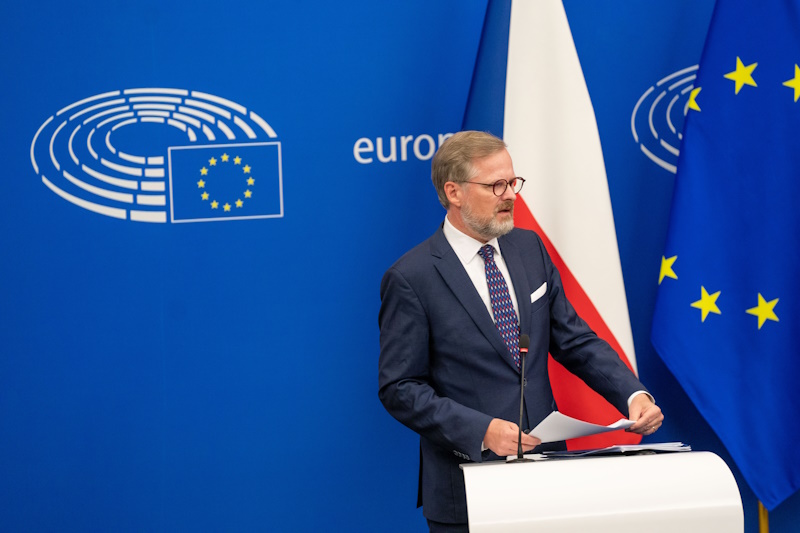The euro will bring benefits to Bulgaria, said the governor of the Bulgarian National Bank

LONDON – Bulgaria’s accession to the eurozone is more relevant and urgent than ever against the backdrop of an unstable international environment. The adoption of the euro will have five groups of consequences for the country, said the governor of the Bulgarian National Bank Dimitr Radев, as quoted in a publication by OMFIF-State Street Global Advisors, the central bank reported.
The adoption of the euro will anchor Bulgaria’s monetary policy within the framework of the European Central Bank (ECB) and will provide reliability, stability, and predictability. It will reduce currency risk and protect the economy from speculative pressure; it will increase investor confidence and deepen financial integration; as well as provide access to the eurozone mechanisms, such as the European Stability Mechanism, noted Dimitr Radев.
According to him, as a member of the eurozone, Bulgaria will be more resilient through reliable crisis response tools.
Currently, the composition of the country’s foreign exchange reserves is determined by the currency board, with about 90% of the reserves held in euros and about 10% in gold. Once the euro becomes our national currency, we will begin to diversify our foreign exchange reserves into other currencies, said the governor of the BNB.
This will expand investment opportunities, including new instruments such as exchange-traded funds. All such instruments will be carefully assessed to ensure capital preservation and liquidity, explained the governor of the national bank. We must continue to uphold the core principles of reserve management – liquidity, security, and return – while increasingly paying attention to geopolitical and systemic risks, noted Radев.
Strategic positioning will be just as important as fundamental financial factors. For the Bulgarian National Bank, this means maintaining the resilience achieved under the currency board, with readiness to implement a more dynamic, long-term, and risk-aware reserve management strategy in the eurozone in the near future, noted Radев.
The Ministry of Finance reported that as of early May, Bulgaria meets all the criteria for joining the eurozone, fulfilling the price stability criterion, with the reference value for April this year being 2.8%, and inflation for the last 12 months at 2.7 percent.
What's Your Reaction?
 Like
0
Like
0
 Dislike
0
Dislike
0
 Love
0
Love
0
 Funny
0
Funny
0
 Angry
0
Angry
0
 Sad
0
Sad
0
 Wow
0
Wow
0






















































.png?Expires=1838763821&Key-Pair-Id=K2ZIVPTIP2VGHC&Signature=IO0~CT3pU-TcxGc~yoZSmoQx23MZVuK-~4jSii~NKEblRmyO3el7NXPu~Rh1o23voASg7hlcHLw4kvQuDK1jssEhcjoNBBvEpZ~GGOAU6yosBhpHpeF179F~h7i6VxmsBNh9gtTutkoqY73O2YCFey~IAqSzKbBqETP1kP9cAg1916Z1YkJJs-5MliMrkZ5d7-mWGLbpHp2wGj2VlMph8XzYlL4~y1O7fB~JdIS~Rs4RMRs2x0WT1qUIpHAsf3GdwtOyAmKFSpIg8xCyNGZZ5h~13nXlmpd7uPvW8tBfttpG9pFTqcway-uch5WyfHOEfi7UlJCOWrr6fCYY5PMgSg__)







